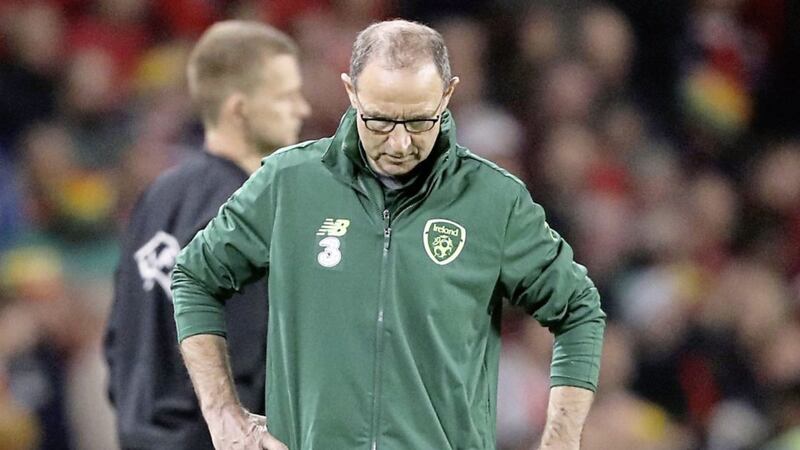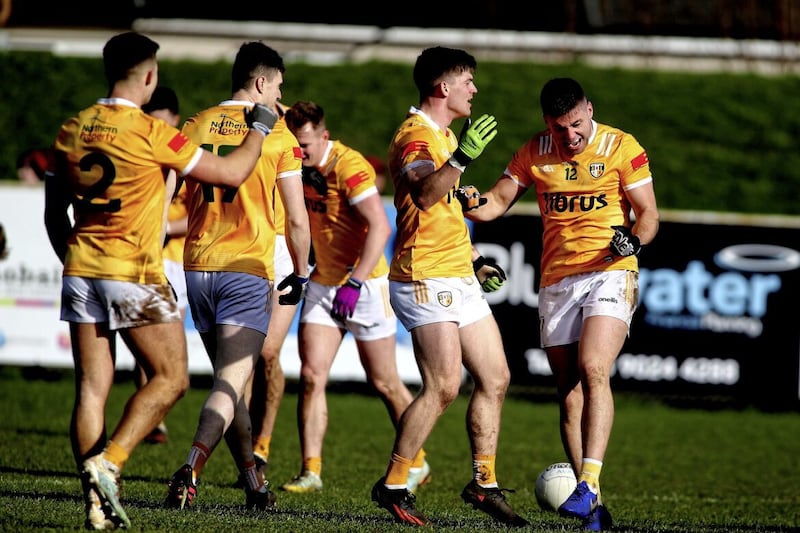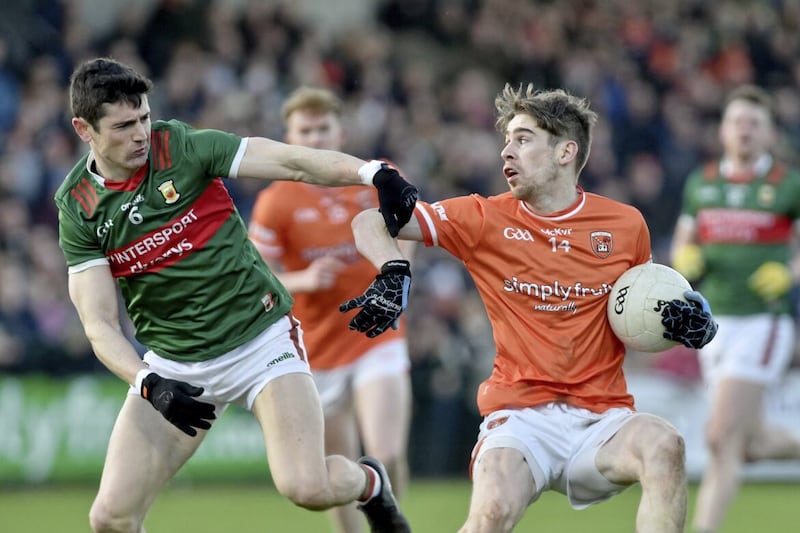IT was probably the strangest press briefing in Martin O’Neill’s five years in charge of the Republic of Ireland.
After his main post-match press conference on Tuesday night had ended, the manager met with daily newspaper reporters in a nearby corridor to reflect further on not only their poor displays in the inaugural Nations League but the overall state of the national team.
There has always been a congenial eccentricity about O’Neill. During that late evening briefing, he stunned reporters by making the emphatic prediction that the Republic would achieve qualification to Euro 2020, regardless of their seeding.
Two reporters asked for clarification. Another then asked why he was so optimistic and O’Neill replied: “Because I’m good.”
Towards the end of Giovanni Trapattoni’s reign as Ireland boss his tactical plan was bordering on being obsolete.
The vast majority of Irish fans could accept the mind numbing style of football under the veteran Italian because they chiselled out a sufficient number of positive results that brought them to the cusp of 2010 World Cup qualification and delivered Euro 2012 qualification.
The natural end for ‘Trap’ was after Euro 2012. But he stayed on for another ill-fated qualification campaign.
In some ways, history is repeating itself now. The football played under O’Neill has had a similar anaesthetising effect but it did deliver Euro 2016 qualification and some great nights and also saw the side reach a World Cup play-off that obviously ended disastrously against Denmark in Dublin a year ago.
That harrowing 5-1 loss felt like the natural conclusion to O’Neill’s tenure.
But, of course, pride got the better of the former Northern Ireland midfielder.
He didn’t want to sign off on a 5-1 defeat even though the rebuilding job that was staring him in the face would probably have suited a younger manager; someone like Stephen Kenny.
Trundling around the Championship clubs in England looking for a rough diamond with some Irish heritage probably wasn’t the way O’Neill envisaged how his last managerial job in football, potentially, would play out.
And yet, here he was standing in a corridor in the dying embers of Tuesday evening reminding reporters of his abilities.
It’s ironic that performances in the Nations League improved with each passing game.
They posted their best performance against Wales on Tuesday night but still lost 1-0.
On reflection, though, the most damaging defeat O’Neill has suffered in his time in charge of Ireland was the 4-1 loss to Wales in Cardiff last month - not the 5-1 hammering at the hands of Denmark in the World Cup play-off.
In Cardiff, the team looked under-prepared, lacking in cohesion and demotivated. In all the years following the Republic of Ireland team – dating back to 2001 – the players have always displayed, at the very least, an insatiable appetite for hard work.
That crucial element was missing in Cardiff, which leaves you wondering about the impact Roy Keane’s fall-out with Harry Arter had on the squad.
Stephen Ward’s leaked WhatsApp message merely fostered the feeling all was not well in the Irish camp and that there was a growing disconnect between the management and players from last summer’s trip to the US.
Since taking the reins in November 2013, O’Neill has been forced to defend Keane too often in press conferences.
For instance, prior to a two World Cup qualifiers, the assistant manager was promoting his second autobiography.
The juxtaposition of important matches coming up and a member of the management team plugging a book looked bad.
But these were early days and O’Neill’s regime was bursting with energy.
The Arter row might have been one episode too many.
It might seem a small, insignificant matter but the symbolism of Keane and Steve Guppy kicking the ball to one another during Tuesday night’s pre-match warm-up against Wales jarred as well.
Now, Keane did observe the small-sided two-touch game that the players play before kick-off.
But surely members of the management team could find something more useful to do before a game than kicking a ball around.
At the end of it all, the only thing that insulates a manager is positive results.
When you stop achieving them (Ireland haven't won in their last five outings), the small, niggly items are magnified and the style of football becomes a stick to beat the manager with.
It's true the current Irish squad is desperately short of quality in too many areas of the field.
O'Neill can't afford to be without Robbie Brady and Seamus Coleman, Ireland's two best players.
And although Jeff Hendrick produced his best performance since Euro 2016 last Tuesday night, his poor form has disabled the one passing element in the side, while Harry Arter is perhaps not the midfield metronome everybody expected when he declared for Ireland.
O'Neill doesn't have a great deal to work with but, for large swathes of games, there is no discernible attacking strategy.
Too many little details are being missed too.
When Ireland were trying to force an equaliser on Tuesday night, Wales always looked dangerous on the counter-attack.
But the home side didn’t help themselves.
For instance, O’Neill persisted in playing Arter as the last man when Shane Duffy, Richard Keogh and Kevin Long advanced to try and get on the end of a corner-kick.
Arter is desperately one-paced and when Wales did break forward in the closing he didn’t have the recovery to get close to the opposition.
Cyrus Christie should have been deployed as the last man to fend off Welsh breakaways as he has more pace than Arter and is also a natural defender.
Everything seems too off-the-cuff.
And you know things aren’t right when the biggest cheers of the night from the home supporters were when the team won a couple of corner kicks late on and when the fourth official signalled there would be four minutes of stoppage-time.
More false hope.
When Martin O'Neill told us Ireland would qualify for Euro 2020 late on Tuesday night because he was "good", it was hard to share his optimism.
The Kilrea man has a mountain to climb. Probably the biggest of his managerial career.






